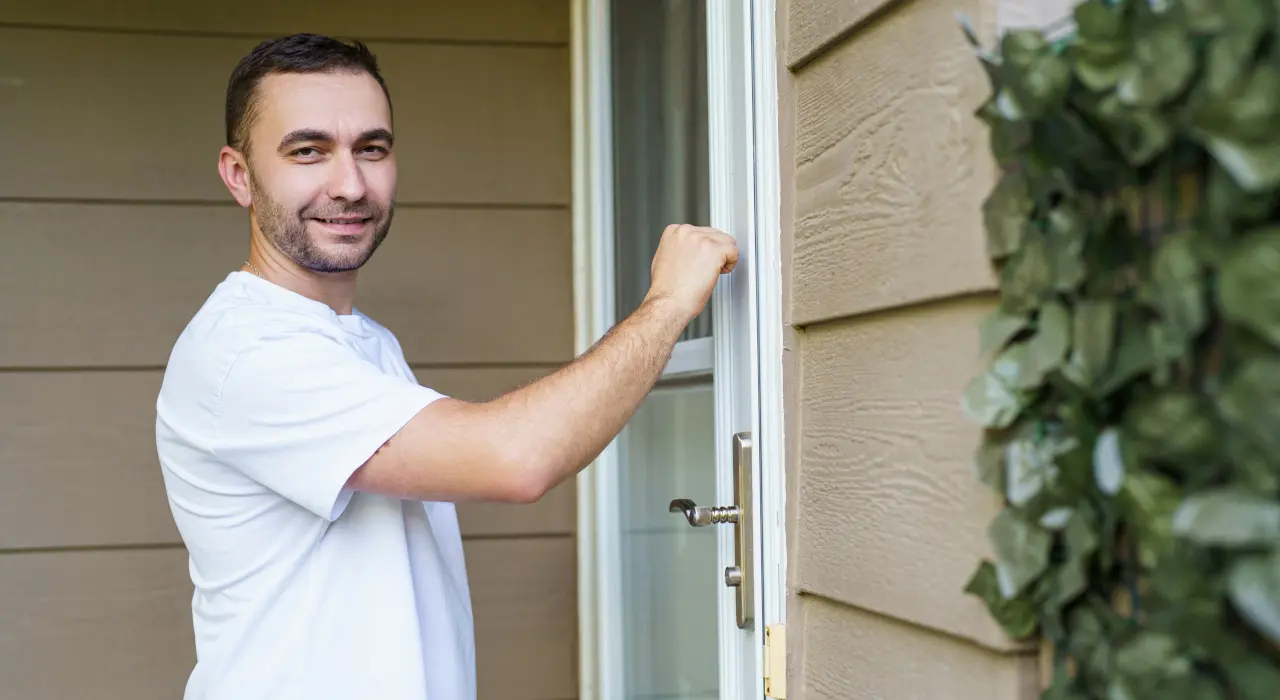Voters make decisions for many reasons, some personal, some political. This guide explores how conversations, party loyalty, leader appeal, and volunteer outreach all shape election outcomes. Learn how even small volunteer efforts can sway votes and build lasting connections that matter long after the campaign ends.
Candidate
When we knock on doors, people sometimes mention a personal connection to the candidate, such as:
“Oh, he used to coach my daughter’s soccer team. He did a great job, so I’ll definitely vote for him.” “I worked with him when volunteering in the community.”
These personal experiences can strongly influence how people vote. Common ground, such as coming from the same city or attending the same university, can also significantly influence voters.
But not everyone has such a connection. That’s why a candidate’s profile and record matter, especially for newcomers in politics. Volunteers help by sharing what the candidate has done for the community and why they’d represent the riding well in Ottawa.
When a candidate is already in office, people often say:
“He’s done a lot for our community. I appreciate his work as MP.” Or: “He’s done nothing. I like your party, but I won’t vote for him.”
To strengthen support for incumbents, it’s helpful to highlight what they’ve been working on and what they’ve accomplished. That’s why MPs and volunteers knock on doors even outside campaign periods.
People remember when their MP visits them between elections. Many proudly say,
“Your volunteer came by last year.”
Seeing you as a volunteer also builds credibility. When people notice many volunteers supporting a candidate, even if they don’t speak with you directly, it shows strong community backing.
Party
In Canada, the party with the most seats forms the government1, and its leader becomes prime minister. So even if people vote for a local candidate, they’re also choosing which party will govern.
Some voters have deep, long-standing ties to a party, sometimes passed down through generations. But many voters don’t have strong party loyalties or may not be familiar with the differences between parties.
That’s why informing people about party policies matters. Parties set up tents at festivals and community events to engage with voters. Volunteers play a key role in these activities.
Parties also rely on paid advertising, funded through donations, to share their platform. That’s why financial support is so important2 in helping inform voters.
Leader
Since the leader of the country matters to many voters, some people decide their vote based on who they want as prime minister.
If you become a party member, you may have the right to vote in party leadership contests3. But beyond that, you can help shape the leader’s public image.
For example, when a party organizes a rally, media cameras capture the scene. A leader speaking to a packed venue looks stronger than one addressing a half-empty room.
While one person’s presence might seem small, bringing friends and showing strong support makes a real difference. The more enthusiastic and energetic the crowd, the stronger the leader appears in media coverage.
Campaign
Campaign efforts themselves can influence election outcomes. Even a party with strong support won’t win if its supporters don’t actually vote.
Many voters remain undecided until election day. Volunteers help by reminding supporters to get out and vote, sharing information about the candidate, and answering last-minute questions.
By knocking on doors, making calls, and being visible in the community, volunteers help tip the balance, especially in tight races where every vote counts.
See also the article:
Key Takeaways from This Topic
How do personal connections influence voting decisions?
Voters often support candidates they know personally or have heard about through community ties. Volunteers help by sharing the candidate’s story and work with those who don’t yet feel a connection.
Why do MPs do door-knocking between elections?
Meeting voters outside of campaign season helps build trust and name recognition. People often remember when an MP or volunteer visited them months or even years earlier.
How do political parties influence voter decisions?
Since the party with the most seats forms the government, voters often make their decision based on party platforms. Volunteers support this by staffing booths at events and explaining the party’s policies.
Why do leaders matter in federal elections?
Many voters decide based on who they want as prime minister. Volunteers can strengthen a leader’s public image by attending rallies and boosting crowd energy for media coverage.
Can campaigns influence undecided voters?
Yes. Campaign efforts, like knocking on doors and making phone calls, can persuade undecided voters and remind supporters to vote, especially in close races.
How does volunteering impact voter turnout?
Volunteers play a crucial role by encouraging supporters to vote, answering questions, and demonstrating strong community support for a candidate or party.
References
-
Minority Governments in Canada, The Canadian Encyclopedia ↩
-
Understanding contributions, Elections Canada ↩
-
Leadership Convention, The Canadian Encyclopedia ↩
